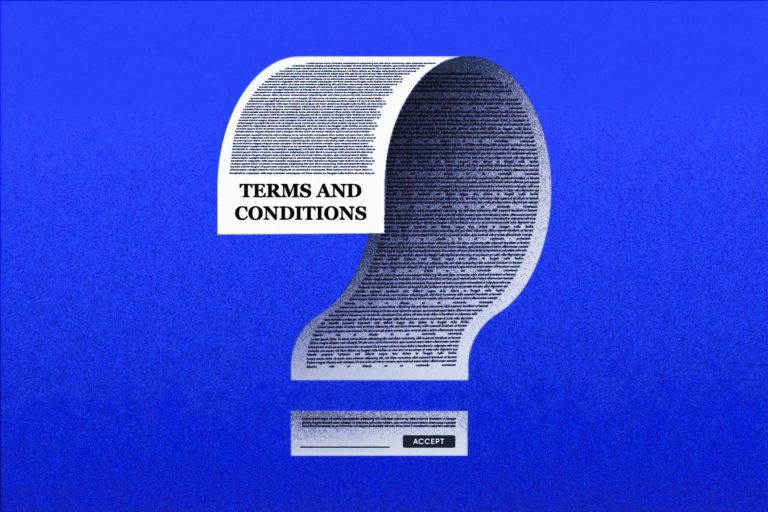
Despite Pandemic, Many Still Don’t Have an Estate Plan
It’s true—many people still believe that they don’t have enough assets so they don’t need a will, or that their money will automatically go to a next of kin. Both of these beliefs are wrong. While the title of this CNBC article is “More people are creating wills amid the pandemic,” the story’s focus is on the fact that most Americans don’t have a will. If you belong to this group, here’s what happens when you die.
The state you live in has laws about who will receive your assets if you die without a will, known as intestacy. Let’s say you live in New York. Your surviving spouse and children will receive your assets. However, in Texas, your assets will be entered into the state’s intestacy probate process, and your relatives will divide up your assets. Want to be in charge of who inherits your property? Have a will created with an experienced estate attorney.
Young adults think they don’t need a will, but Covid-19 has taken the lives of many healthy, young people. Every adult over age 18 needs a will. If you don’t have one, your loved ones—even if it’s your parents—will inherit a legal mess that will take time and money to fix.
If you have children and no will, there’s no way to be sure who will raise your children. The court will decide. Choose your guardians, name them in your will and be sure to name additional choices just in case the first guardian can’t or won’t serve. You should also appoint someone to be in charge of your children’s money.
What if you had a will created 10 or twenty years ago? That’s another big mistake. Your life changes, the law changes, and so do relationships. Life insurance policies, retirement plans, and transfer-on-death instruments are all legally binding contracts. The last will you made will be used, and if you haven’t updated your will or other documents, then the old decisions will stand. Remember that contracts supersede wills, so no matter how much you don’t want your ex to receive your life insurance proceeds, failing to change that designation won’t help your second spouse. You should review and update all documents.
Doing it yourself is risky. You won’t know if your will is valid and enforceable, if you do it from an online template. Your heirs will have to fix things, which can be expensive. The cost of an estate plan depends on the complexity of your situation. You may only need a will, power of attorney and advance directive. You may also need trusts to pass property along with minimal taxes. An estate planning attorney will be able to give you an idea of how much your estate plan will cost.
Talking about death and planning for it is a difficult topic for everyone, but a well-planned estate plan is one of the most thoughtful gifts you can give to your loved ones.
Reference: CNBC (Oct. 5, 2020) “More people are creating wills amid the pandemic”









